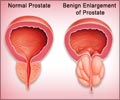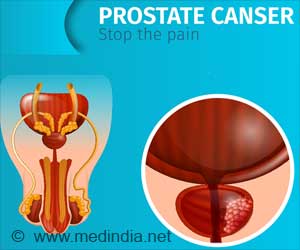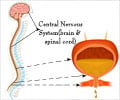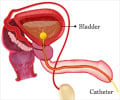One-to-one pelvic floor exercise therapy for urinary incontinence after prostate surgery is not effective as previously thought to be. Urinary incontinence is a common complication of prostate surgery. In spite of inconclusive evidences men are often advised to do pelvic floor exercises. The recent study tried to find out if formal one-to-one pelvic floor muscle training reduces incontinence.
Pelvic-floor exercises aim at toning the pelvic floor muscles. Pelvic-floor muscle training is mostly advised for women following delivery. Its effectiveness in women is well established. But there is lack of conclusive evidence for its use in men suffering incontinence.Surgical management of diseases of the prostate often results in urinary incontinence in men, i.e. lose of voluntary control over urination. Both the well-known operations called Radical prostatectomy and transurethral resection of the prostate (TURP) are associated with this risk, despite improvements in surgical technology and techniques.
Participants in the recent trials (two trials were performed) were the ones with urinary incontinence six weeks after surgery for radical prostatectomy (trial one) or transurethral resection of the prostate (trial two). They were randomly apportioned to receive four sessions with a therapist over three months, or standard care and lifestyle advice.
Review after 12 months revealed no significant difference in the rate of urinary incontinence in the intervention or control groups in either of the trials. No adverse effects were noticed. This meant one-to-one conservative physical therapy would not be a cost effective or efficient strategy. Standard care and lifestyle advice would be more viable.
Developing nations cannot afford such high mean costs per patient. Thus the hunt for the best management for men with persistent incontinence after prostate surgery may continue. Muscle training is not the only clinical tool available for the purpose. The efficacy of alternatives like biofeedback training and supportive devices needs to be assessed.
Source: Urinary incontinence in men after formal one-to-one pelvic-floor muscle training following radical prostatectomy or transurethral resection of the prostate (MAPS): two parallel randomised controlled trials; Cathryn Glazener et al; The Lancet 2011.










![Prostate Specific Antigen [PSA] Prostate Specific Antigen [PSA]](https://www.medindia.net/images/common/patientinfo/120_100/prostate-specific-antigen.jpg)




